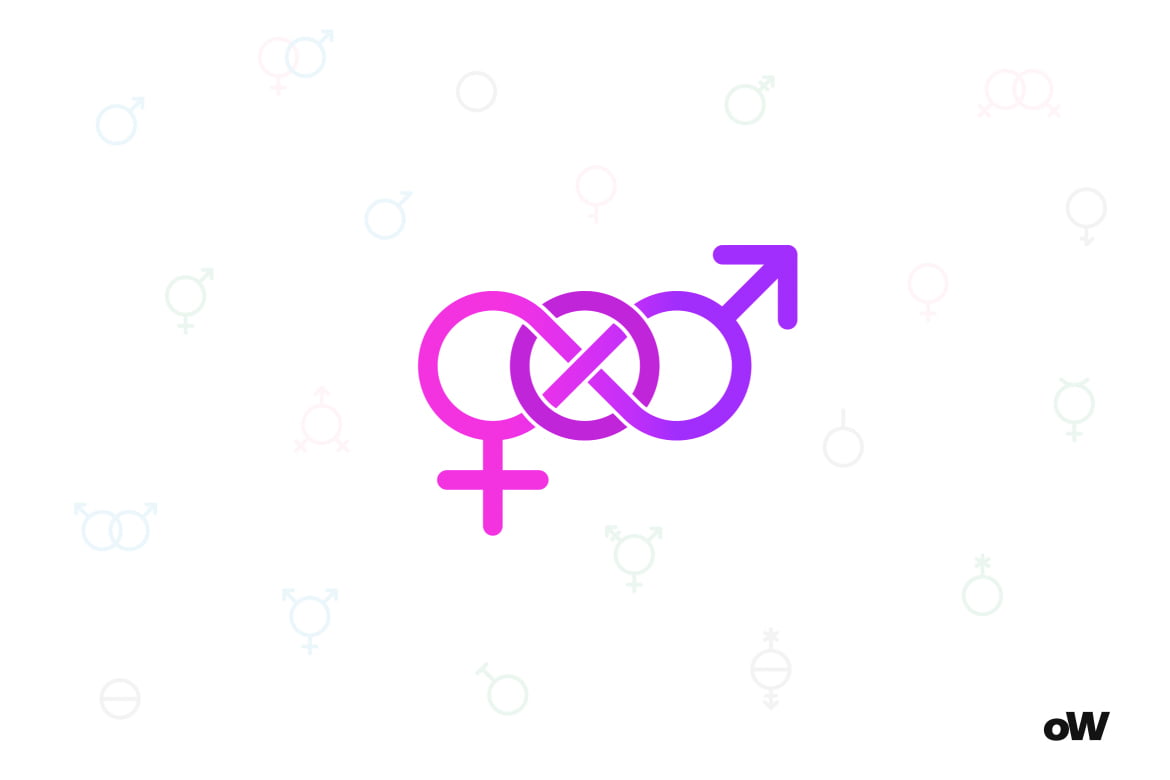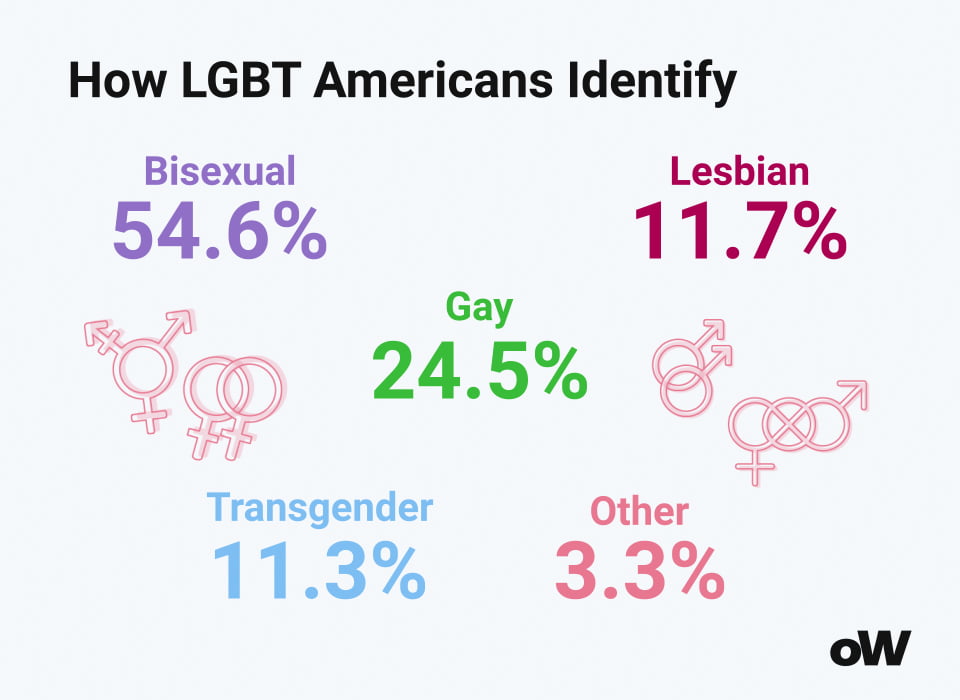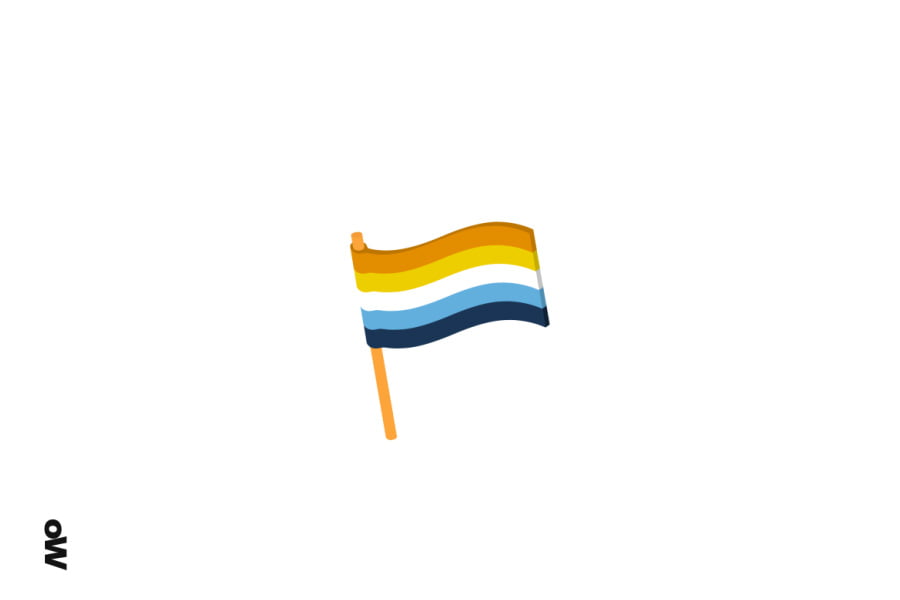Sexuality Quiz: Fluid, Fixed, or Finding Out?

In our society, outdated stereotypes and prejudices about human sexuality still linger. But the truth is that sexuality is a whole spectrum of diverse manifestations of human nature. And each person is unique in their preferences and attractions.
That’s precisely why we decided to create the “Sexuality Quiz.” This is not just a fun test, but a real journey of self-discovery and self-acceptance. The quiz will help dispel myths, broaden your horizons, and uncover something new about your own sexual identity.
What is Sexuality?
Let’s start with the basics. Sexuality is an integral part of the human personality, including biological sex, gender identity, sexual orientation, erotic preferences, intimate relationships, and other aspects. You’ll agree, it’s an important factor that defines who we are and how we perceive the world around us.
Heterosexuality: The Timeless Tune of Love
Perhaps the most well-known and widespread sexual orientation. Heterosexuals experience romantic and erotic attraction towards people of a different sex or gender. For example, a man who is attracted to women, or a woman whose affections are directed towards men.
Homosexuality: The Vivid Spectrum of Love
People with a homosexual orientation feel romantically and sexually attracted to those of the same sex or gender. For instance, a man experiencing feelings for other men, or a woman in love with another woman. The word “gay” is commonly used to describe homosexual men, while “lesbian” refers to women of non-traditional orientation.

Bisexuality: Love That Swings Both Ways
Bisexuals are people who can experience attraction towards both men and women. Their sexual and romantic preferences are not limited to one gender. Often, their attractiveness to different genders can shift depending on the situation.

Transgenderism: The Brave Pursuit of Authenticity
Transgender people are those whose gender identity differs from the biological sex they were assigned at birth. For example, a person with a male body but a female gender identity. Being transgender has nothing to do with sexual orientation – transgender people can be heterosexual, homosexual, or bisexual.

Asexuality: Love Beyond the Carnal
Asexuals are people who do not experience sexual attraction at all or experience it to a very low degree. However, this does not mean that asexuals do not engage in romantic relationships or are incapable of love. They are simply not interested in sex itself.

Pansexuality: Unbounded Love
Pansexuals are capable of experiencing romantic, emotional, and/or sexual attraction to people regardless of their biological sex or gender identity. In other words, for pansexuals, a partner’s sex and gender are not determining factors.

Demisexuality: The Art of Emotional Bonding
Demisexuals are people who do not experience primary sexual attraction to others. For them, sexual desire arises only after forming a strong emotional bond and deep feelings for a partner.
Omnisexuality: The All-Encompassing Allure
Omnisexuality is a phenomenon quite similar to pansexuality. Omnisexuals are also attracted to people regardless of their sex and gender. The difference is that omnisexuals consider sex and gender as factors of attractiveness among many, but not the only ones.
The Influence of Culture and Society
It’s impossible to deny that social norms and cultural traditions strongly influence how we perceive sexuality. In some societies, homosexuality is still considered shameful or sinful, while in others it is fully accepted and legalized. Just as societal views change, so does our understanding of sexual orientation.
For example, only a few decades ago, homosexuality was considered a mental disorder. Today, we understand that it is a natural and normal form of human sexuality. After all, love should not be a reason for condemnation.
Debunking Myths About Sexual Orientation
The myths and stereotypes surrounding us breed many misconceptions about sexuality. It’s time to debunk them.
- Myth 1: Homosexuality is a disease or perversion. Fact: Homosexuality is a natural part of human diversity. The World Health Organization removed it from the list of diseases back in 1990.
- Myth 2: Sexual orientation can be changed through “treatment” or persuasion. Fact: Modern research shows that sexual orientation cannot be changed. Attempts at so-called “conversion therapy” are not only ineffective but also dangerous for mental health.
- Myth 3: Gays and lesbians cannot be good parents. Fact: Numerous studies prove that children raised by same-sex couples are no different from those in traditional families in terms of emotional and psychological development.
- Myth 4: Bisexuals are inconstant and unreliable in relationships. Fact: Bisexuality has nothing to do with infidelity or inconstancy. The ability to love people of different genders does not mean that bisexuals cannot be devoted and faithful partners.
- Myth 5: Transgender is a mental disorder. Fact: Being transgender itself is not a mental disorder. According to modern research, it is a natural feature of human diversity. However, discrimination and social rejection can seriously harm the mental health of transgender people.
Is Sexual Orientation Fluid?
This question still sparks heated debates in the scientific community. On one hand, many studies indicate that sexual orientation is a stable trait of human personality formed at a very early age.
On the other hand, there is evidence that orientation can change over the course of one’s life, especially for women and bisexuals. Some people discover new facets of their sexuality as they mature and gain self-knowledge.
Perhaps there is no definitive answer for everyone. Each person is unique, and their sexuality may have varying degrees of fluidity. The main thing is to treat yourself with respect and accept your desires and attractions as they are.
Accepting Your Sexual Orientation
Regardless of which part of the rainbow of human sexuality you associate yourself with, the path to self-acceptance is never easy. Especially if you grew up in a society where traditional views on love and sex still prevail.
It’s important to remember that your sexual orientation is as natural and inherent a part of you as your eye color or height. It’s not a choice or a whim, but a fundamental component of human nature. And there’s nothing shameful or sinful about it.
To accept yourself is to show love and respect for your own uniqueness. It liberates the inner voice that has been muffled by prejudices and fears for too long. This path may take time and effort, but it’s worth it. For only by accepting ourselves do we gain the freedom to be who we truly are.

more than one category | Source: Gallup
How Can the Sexuality Quiz Help?
The “Sexuality Quiz” is not just a fun pastime for a dull evening. Our quiz pursues much deeper goals.
First, it will help you better know and understand yourself. Candid questions and unexpected situations will make you look at your own desires and attractions in a new light. And who knows, perhaps you’ll discover new facets of your sexuality?
Second, the quiz will broaden your understanding of human diversity. Many people answer questions stereotypically, relying on established beliefs. But reality is far richer and more multifaceted than we can imagine.
And finally, in an accessible and unobtrusive way, the quiz will introduce you to different sexual orientations and gender identities. This will help dispel myths, get rid of prejudices, and look at the world with a more open and tolerant gaze.
Questions Overview
- Building a deep emotional connection
- Mutual attraction and romance
- Ability to be yourself with your partner
- Comfortable interaction without pressure
- Prefer meeting through friends
- Open to different options
- Could be an interesting experience
- Enjoy meeting new people
- Their personal history and character
- A special spark in their eyes
- Inner freedom and authenticity
- Interesting inner world
- Based on friendship and understanding
- With complete acceptance and support
- Where there's room for growth
- With deep emotional connection
- Need time for true closeness
- Important to feel constant connection
- Depends on emotional bond
- Value stability and growth
- Desire for special connection
- Interest in new possibilities
- Complex mixed feelings
- Calm contemplation
- Only with deep connection
- In rare special moments
- It's hard to define
- Regularly, to different people
- Deep emotional unity
- Natural progression of feelings
- Special way of knowing each other
- Spiritual closeness
- Get shy and distant
- With curiosity and interest
- Differently, depends on the person
- Evaluate intentions
- Based on friendship
- With deep emotional connection
- Open and honest
- Filled with romance
- Getting to know someone over time
- Special chemistry between us
- Uniqueness of personality
- Unexpected matching of views
- Each relationship is unique
- They limit freedom of feelings
- Don't fit into them
- Relationships are deeper than stereotypes
- Ability for deep contact
- Special energy
- Inner freedom
- Sincerity of feelings
- It's part of deep relationships
- Important aspect of connection
- Depends on situation
- Prefer other forms of closeness
- Rushed physical intimacy
- Meeting expectations
- Maintaining personal boundaries
- Expressing feelings
- Through extended communication
- A special feeling appears
- It's always different
- Rarely experience attraction
- Social expectations
- Stereotypical roles
- Physical intimacy
- External success attributes
- Ability to be yourself
- Mutual growth
- Understanding without words
- Respect for each other's uniqueness
- Almost never change
- Depends on connection with person
- Constantly exploring myself
- Naturally evolve
- Pressure for intimacy
- Insincerity of feelings
- Following stereotypes
- Superficial communication
- Emotional safety is important
- Depends on relationship development
- Value stability
- Sincerity of feelings matters most
- Deep mutual understanding
- Special attraction
- Unique compatibility
- Comfort in communication
- With caution and attention
- As part of development
- Explore new facets
- Important to maintain stability
- Capacity for deep connection
- Sincerity of feelings
- Acceptance of different love expressions
- Respect for personal boundaries





